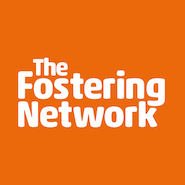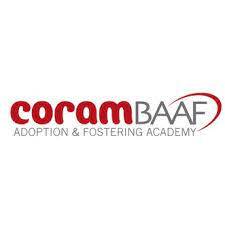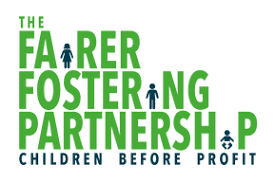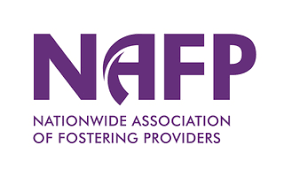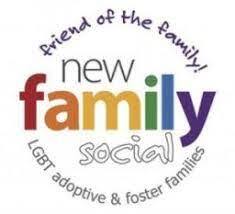What Does It Mean To Be A Foster Carer?
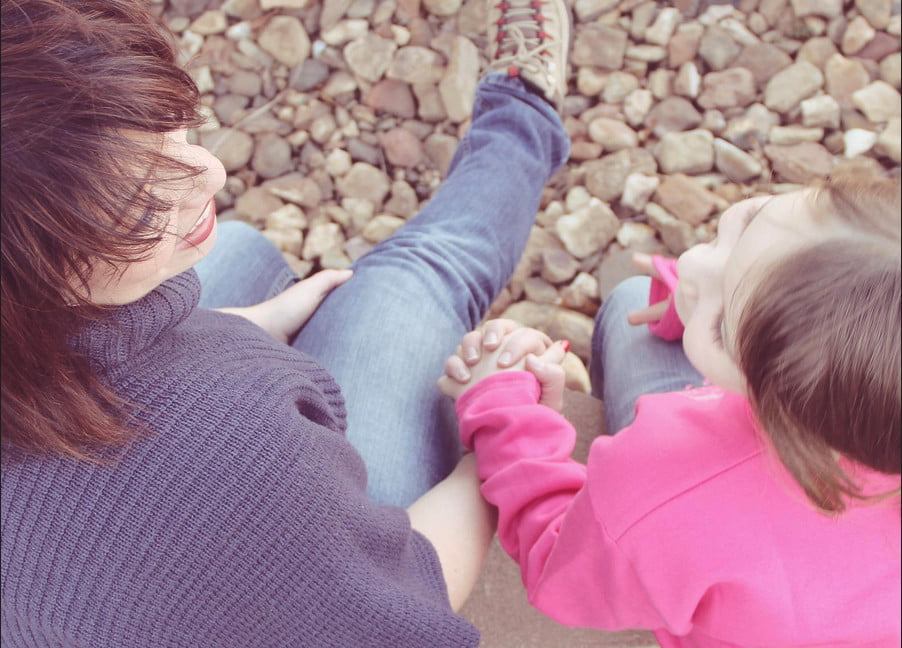
The role of a foster carer
Fostering is a term that comes with a lot of preconceptions or lack of understanding. Fostering loosely refers to a child or young person who has been placed with a family that is not their birth family, but the act of fostering is much more than that statement alone.
Foster carers provide stability, reliability, love and mentorship to children and young people who are navigating a turbulent time in their lives. The level of a child/young person’s understanding of their situations varies due to many factors, so the challenges that come with welcoming a young person are never prescriptive – flexibility, thinking on your feet and stoicism are all traits that foster carers embody.

Foster carers need to make themselves emotionally available (not just physically) to help manage the needs of a child, much like they would their own children. Without having the legal right to represent the child as you do with adoptions and birth children.
When you care for a looked after child, you are required to attend meetings, reviews, school functions and other appointments for that child, becoming an advocate for them in professional settings.
Becoming a great foster carer
Children and young people have individualised needs and requirements. Depending on their circumstances, children can display challenging, sexualised, attachment and rejection issues that require sensitivity, support and a lack of judgement. To become a successful foster carer, you must be prepared to manage these kind of behaviours in ways that do not ostracise the young person in any way.
That professionalism and mindfulness are also required when dealing with a child’s birth family. As a foster carer, you will promote and encourage contact, making the experience for the child as positive as it can be.
You will also need to be mindful that children may not always stay with you forever and there may be times when you have to say goodbye. This can be a difficult situation, however many recognise that children moving on can often be a positive experience, knowing that you have helped them achieve their true potential.
However, during your time as a carer, you will support the development of any children and young people in your care by encouraging them to reach their full potential. This may be by supporting them in their studies and encouraging good attendance at school or could be by promoting and facilitating any extra-curricular activities or interests that a child may have.
Building a support network
Stickability requires a strong network around you to provide a helping hand when and if you need it. A support network doesn’t need to just be friends and family, although they are key to ensuring a successful placement.
At The CFT we encourage fellow foster carers to lean on one another for an emotional outlet. You will attend training together, join support groups together and ultimately learn from one another. Experiences that are shared can have profound impacts on the way others deal with similar situations, every lesson learnt may help another family traverse difficulties that are affecting a young person in their care.
When you join The CFT you’re part of a family network that supports every carer and child. We want to go above and beyond the call of duty to maximise the fostering experience.

Make an enquiry!
Become a foster carer

Read about our carer's experiences
Mary and Dennis – Transferring to The CFT
Simon and Charlie – Fostering in the East Midlands
Diane and Andrew – Fostering in the East Midlands
